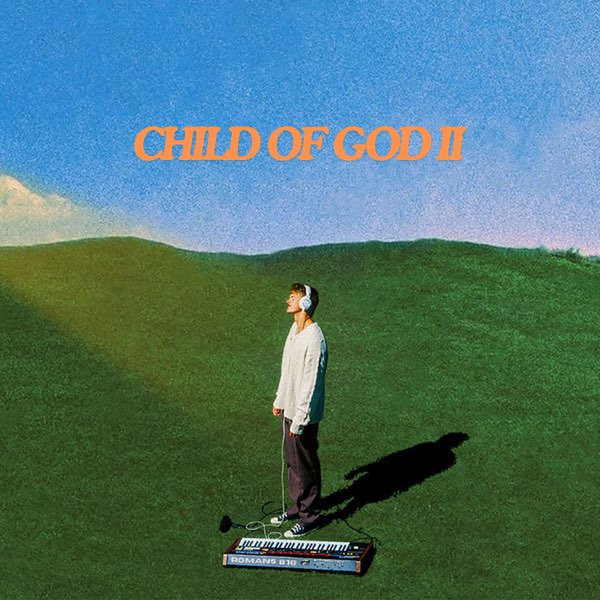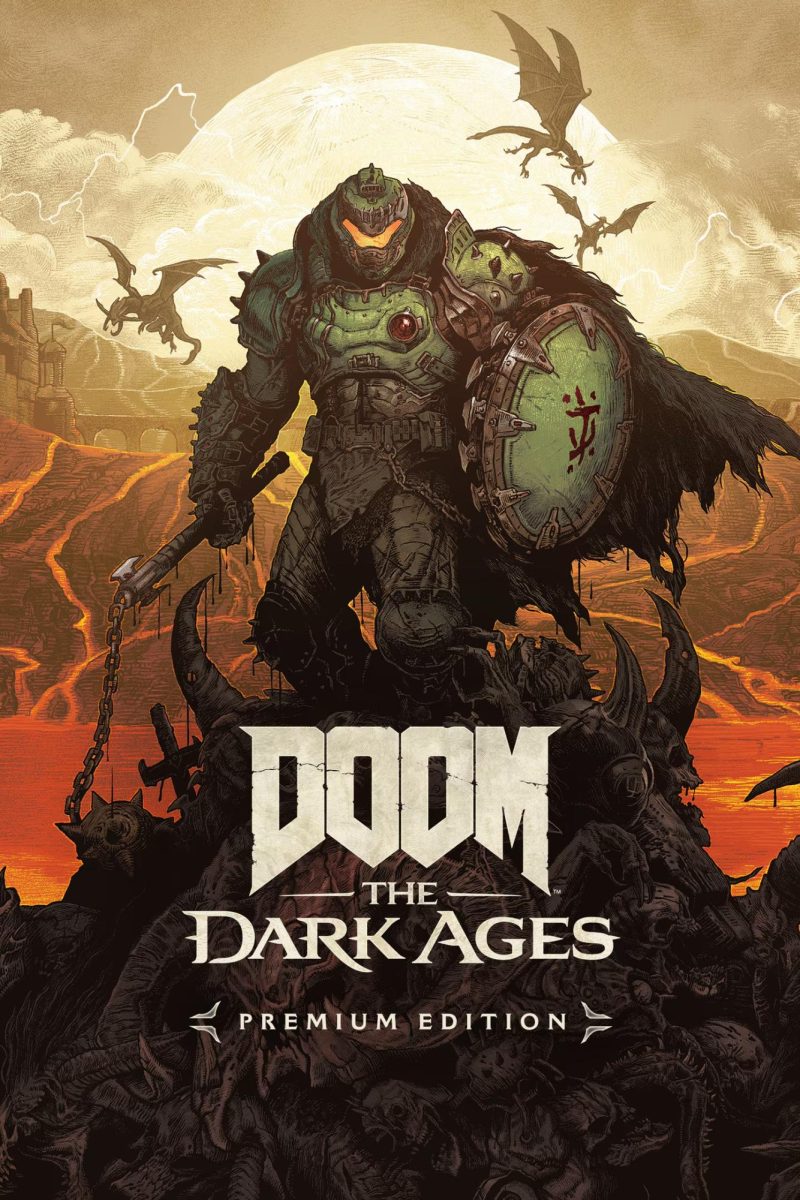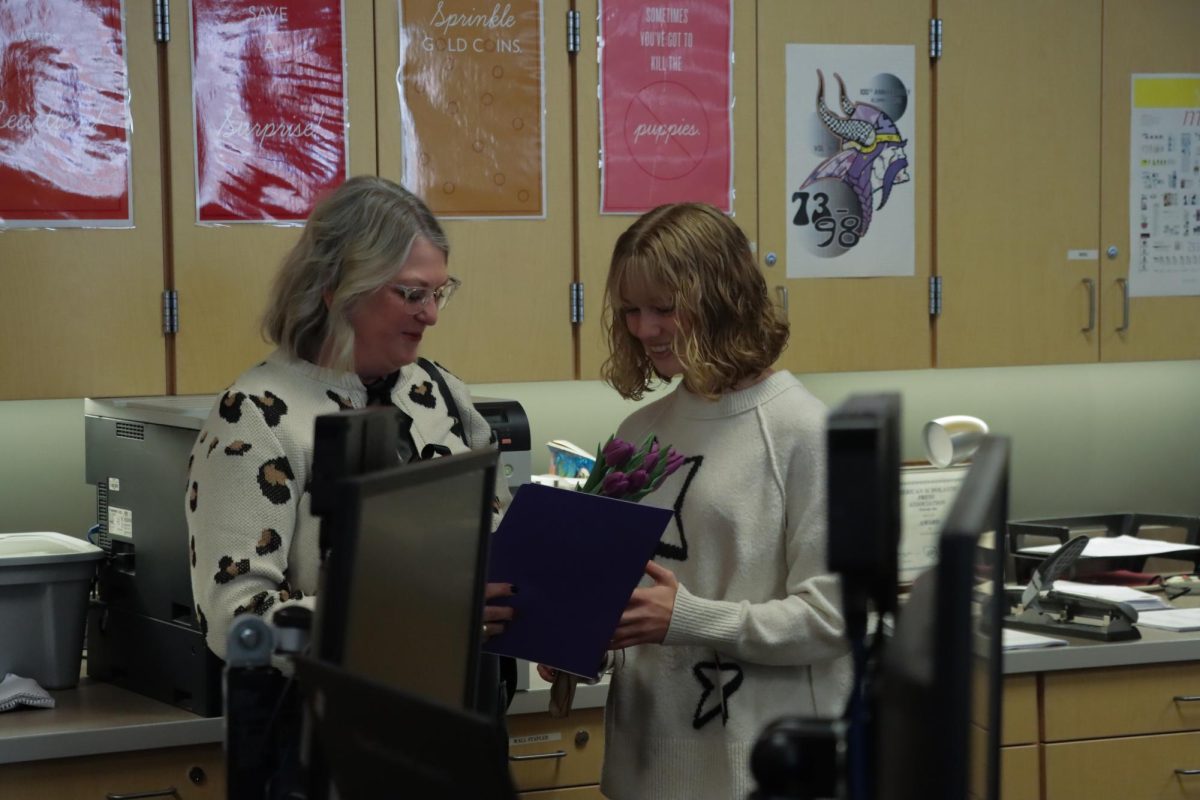When talking about mental health and more specifically mental illness, it is most common for individuals to start looking to something familiar that they know, something they can draw on from experience. Which happens to be themselves. Even though the conversation is growing, I still believe that humans have limitations that we may be unaware of when speaking about such sensitive topics.
According to Substance Abuse and Mental Health Administration’s Behavioral Barometer, 56.1 percent of those diagnosed did not receive treatment for depression last year.
If we are talking about mental illness, then why is this such an astonishing statistic?
How can we do better?
Self-stigma is a great place to kickstart the conversation. Personally speaking, we may often downplay our own emotions and feelings that are really warning signs for mental illnesses. We as humans are very social creatures and we need to talk about what is going on in our minds, even if we can’t put it into words.
As someone who has struggled with depression for a long time, it wasn’t until I finally started talking about it that I started the road to recovery. I understand that limitations such as overbearing parents and money may come into the mix but it shouldn’t ever stop someone from receiving potentially life saving help.
Suicide is the second leading cause of death in young people according to Comprehensive Life Resources, a non profit that is located in Tacoma, and seeing that at one point I was going to be one of those teens who took their life, I feel compelled to speak about my mental illnesses.
One of the thoughts I had when going through what I call the worst part of my depression and anxiety, was that I wasn’t worthy of help. I didn’t deserve it. My self esteem was so low that I was denying myself any opportunity to feel and get better. What I didn’t understand is where are these thoughts were coming from? Was it my own doing or was it the way I looked at my mental illness?
It turns out that society had played a part in shaping how I looked at myself with a undiagnosed mental illness, which isn’t totally uncommon. From observation, even more so in teens. Our intuition is so strong to keep our bad thoughts and feelings to ourselves because we don’t want to burden others. However, that is one of the only ways we can truly recover.
I believe that the first step in cracking down on culture stigma is to start with oneself. Then we can truly start shaping society to what we want it to be.
The next question is what role do we want society to play in mental health?
Those of us that are in our teens and younger can control what is socially acceptable and what is not. We control what looks good and what doesn’t. Unfortunately, we also control the negative implications that surround mental health.
This is weird, because from 2004-2014 depression rates in teens has risen 37 percent, according to a John Hopkins Health Review.
We look at mental illness like it is something that will go away if you just try. Or if you go work out. However it is really something that will stick with you forever.
My psychologist told me one day during our session that she hopes I know my depression and anxiety will never go away. It will linger and stay as long as I am breathing. However, getting to live with it is something I can do and be happy doing. She told me that I am not depression, but depression is a part of who I am.
I feel like as a society we are failing to realize this as well. Having a mental illness does not, I repeat does not, deem a person less valuable. It does not define who they are. I am depressed. I am also driven, intelligent and hard working. I am not any less than the person next to me because I have a mental illness. I am still me. I am still a volleyball player who loves the game more than almost anything. I am still a knowledge driven and curious individual. I just happen to have chemical imbalances in my brain that I can’t control.
I do not want to normalize mental illnesses; I want to normalize conversing about it.
One in five adults suffer from depression according to National Alliance of Mental Illness. So those 25 out of one hundred people who feel so alone or isolated in their feelings, don’t have to feel like that. Also to help break down stigmas within oneself and our society that are so completely false and outrageous. Which is why I think it is a great idea to start at Puyallup High School for a change within.






